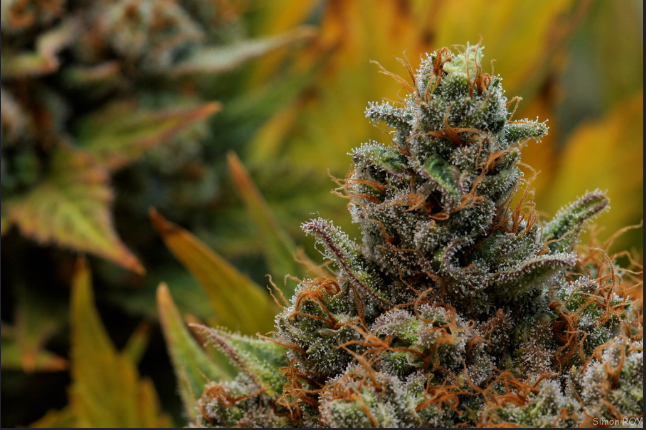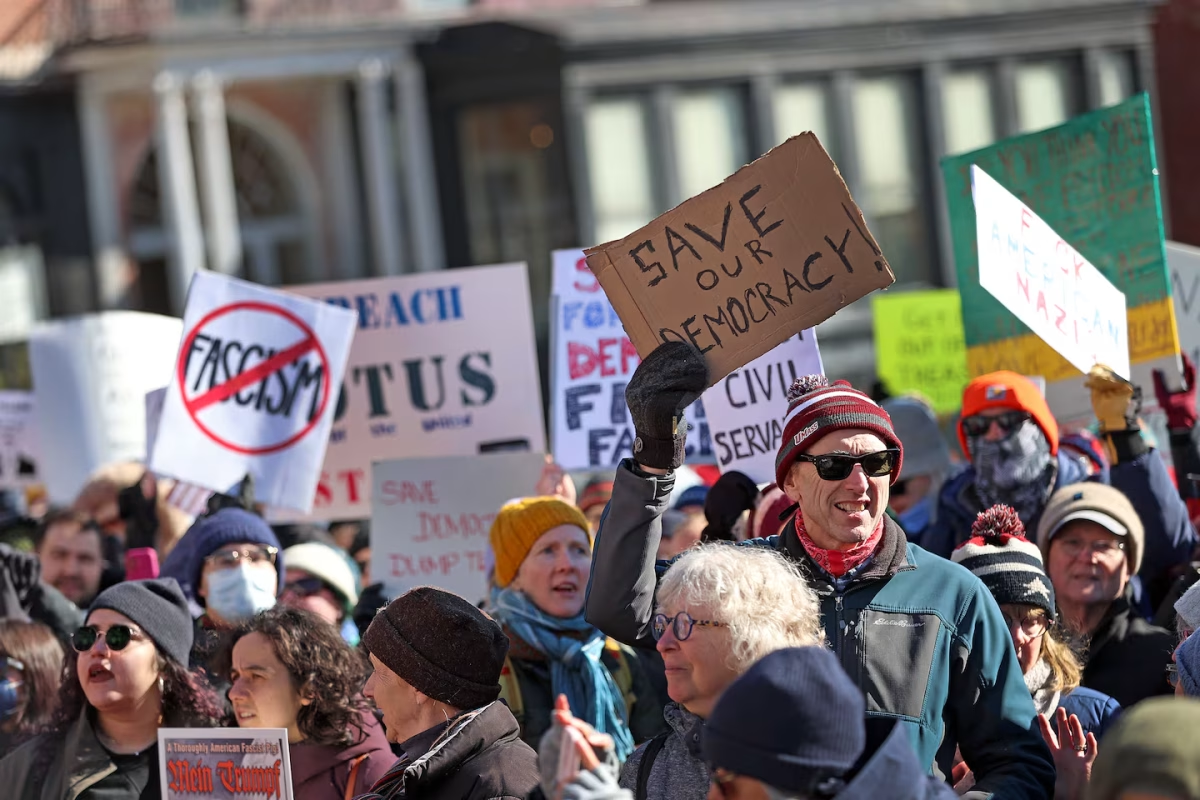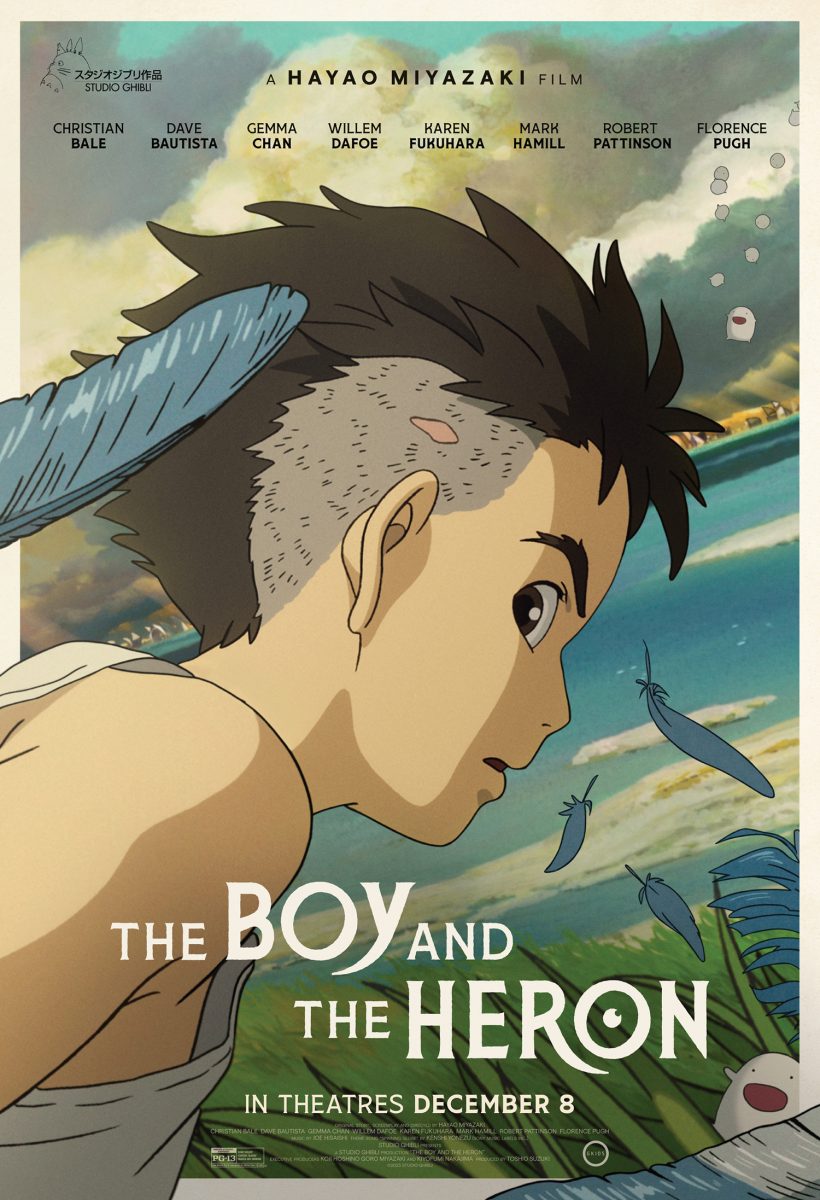
By Kurtis Kendall
Cannabis has long been a drug ingrained in American culture. The perception and stigma surrounding cannabis or “marijuana” from the time I was born to today has changed quite drastically.
My parents grew up with Cheech and Chong poking fun at the drug in their films, simultaneously while the US government scheduled cannabis in the same category as heroin and methamphetamines.
By the time I was a teenager, there was always this cultural idea that if you smoked cannabis, you were dumb or destined to be a failure that wasn’t going anywhere in life. The truth of the matter is you can be smart, can be a normal person and smoke cannabis. It is a monumentally beneficial plant that will not tank your life.
Medical marijuana opened the door to a world where the plant was viewed in a positive light. Now we’re in the midst of states around the country legalizing cannabis for recreational use. Still, there remains a stigma around the drug and those who use it, a position that is growing increasingly outdated.
“I have never been to one to really smoke weed just to smoke it,” said Fitchburg State sophomore Makenzie MacDonald. “However, I get really bad migraines quite often and the medicine I have taken for it is strong. I just don’t like the idea of relying on pills to relieve my pain, so over a year ago I tried smoking weed to see if it helped with the migraine, and I was pleasantly surprised. It helped tremendously, my migraines would be relieved right after I smoked and I just felt relaxed, my brain was less tensed and my head wasn’t throbbing.”
This type of benefit is only the tip of the iceberg when it comes to cannabis, with even more extreme cases finding benefit from its use. I’ve seen first hand with family members who have been diagnosed with cancer and gone through chemotherapy how cannabis can help them. Whether it be directly helping to fight cancer in the body or by helping to gain an appetite for food following treatment.
There are studies along with testimonies of thousands of people who cite how cannabis can help with anxiety, stress, Alzheimer’s, glaucoma, arthritis, PTSD treatment, blood pressure, physical pain, insomnia, and so on. Judging anyone for using the drug for these purposes or others is simply naive.
“I am never one to reject something if it had the capability of helping so many people and I think others need to realize that too sooner or later,” said MacDonald.
Opioids and pills in general are scary. That is dangerous stuff and yet you can get it prescribed from a hospital or from your doctor. Opioid addiction has run rampant in recent years because of its frequency as a painkiller and what it can do to your body. In many cases, cannabis can be used as an alternative for pills, offering relief without the troubling risk.
Even alcohol, the most commonly accepted drug in our culture today is much more dangerous and addictive than cannabis. Drunk driving accidents, liver and throat cancer are just a few of the problems that share a strong connection to alcohol abuse.
It is crazy to think there are parents who would rather their kid drink “like a normal college kid” and then scoff at the idea of smoking weed. Yet that is what our culture has hailed for decades as the societal norm.
Today, the remaining stigma toward cannabis may originate from misinformation. Jenna Phelps, a cannabis consumer who has worked in the cannabis industry for about two years says lack of information about the drug is a big reason behind lingering negativity. “I encourage individuals to ask any and all questions about cannabis. It is such a new product and industry that the more knowledge we share with each other, the more it will allow everyone a more enjoyable experience.”
Even the term “marijuana” itself is meant to stigmatize the drug, as Phelps alludes to, “There is still a large amount of stigma around cannabis, but it is being more openly accepted as society moves forward. In an effort to help break the stigma, I try to use the world cannabis, instead of marijuana as much as possible. The term marijuana was coined by the United States in the 1930’s to demonize the plant by associating that word with Mexican immigrants.”
Phelps also talked about one of the best discoveries to come from cannabis research, CBD. “I like to call it your next favorite vitamin,” says Phelps. “CBD has many different benefits, it can be used in pain management, assist with fighting anxiety, or be used as a sleep-aid. CBD connects to a different receptor than THC, and it is mostly non-psychoactive.” This makes it perfect for those who are looking to use it as medicine without the effect of getting high. “If an individual is looking to come off certain medications,” Phelps continues, “CBD is an excellent starting point to cannabis.”
For all its benefits, it is still a wonder why many still see the drug in a negative light. “Cannabis has the beautiful ability to act as an alternative to traditional, potentially harmful forms of medication,” said Phelps. “The plant also carries minimal addictive properties, which I see as a huge benefit compared to pharmaceutical drugs.”
“I find that those who bash on the plant based drug aren’t aware of the amazing benefits it has for many people,” said MacDonald, “and that the side effects are nothing near those of drugs prescribed by doctors. I usually let the negativity go because some people just aren’t one to evolve with the time, but the findings of marijuana now are impeccable, and I believe so much more positivity will come from it.”
Listen to the stories of those who have found cannabis helpful. Educate yourself on the benefits of the drug, only then can progress be made to rid our culture of the unfounded stigma around cannabis.






